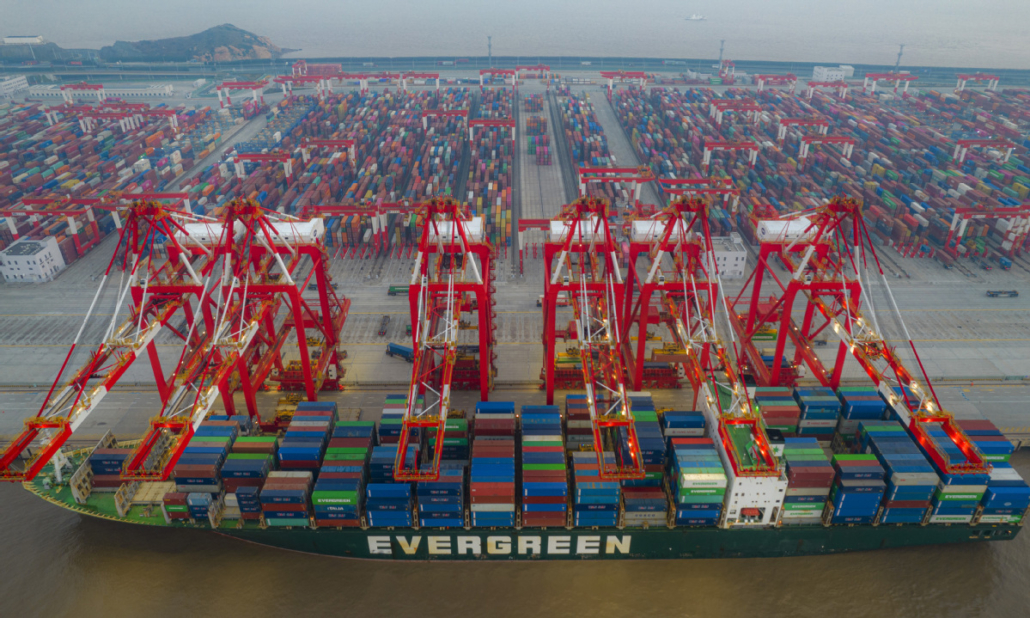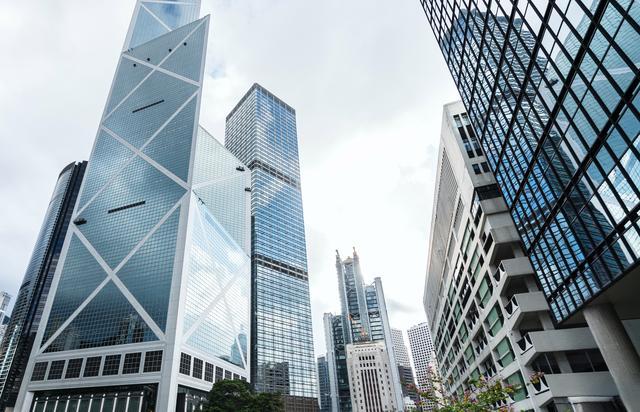 Having facilitated the development of emerging industries, China’s free trade zones or FTZs should now pursue differentiated positioning and more institutional breakthroughs, officials and industry experts said on Monday.
Having facilitated the development of emerging industries, China’s free trade zones or FTZs should now pursue differentiated positioning and more institutional breakthroughs, officials and industry experts said on Monday.
At a promotional event during the Hongqiao International Economic Forum — HQF, an integral part of the ongoing sixth China International Import Expo in Shanghai — they reviewed the progress of pilot FTZs so far.
Richard Kozul-Wright, director of the division on globalization and development strategies at the United Nations Conference on Trade and Development, said China’s FTZs have facilitated industrial transformation in terms of upgrading industrial structure as well as developing an advanced, smart and green manufacturing sector.
Guo Tingting, vice-minister of commerce, agreed that China’s FTZs have made significant progress in terms of the opening-up and innovative development of all industrial chains. A number of pioneering industrial clusters in the fields of oil and gas, biomedicine, new-age information technology and financial leasing have been formed in the FTZs.
Tang Dajun, deputy director-general of China (Jiangsu) Pilot Free Trade Zone Affairs Office, said the Jiangsu FTZ is now home to nearly 4,000 upstream and downstream enterprises in biomedicine.
In 2022, the output value of Jiangsu’s biomedical industry was 500 billion yuan ($68.9 billion), ranking first in China. Half of that was contributed by the three areas of FTZ in Jiangsu province. And 18 of the 32 new chemical drugs and innovative drugs approved for listing in Jiangsu last year came from the local FTZ, said Tang.
The institutional innovation and reform measures initiated at the Jiangsu FTZ, like the mutual recognition of risk assessment of special items, have largely facilitated research and development, which is conducive to the development of the biomedicine industry, he said.
Guo Fuyuan, general manager of Yantai Jinghai Ocean Fishery Co Ltd, said the company specializes in fishery 70 kilometers off the coast. By teaming up with the administrative body of the Shandong FTZ, breakthroughs have been made in granting certificates for their special fishing equipment and vessels. The FTZ has also helped in organizing financing, asset mortgage and insurance for the company, which is crucial to replicate Jinghai’s business model in other areas, he said.
Construction engineering is thriving in Changsha, Hunan province, with annual output exceeding 200 billion yuan and ranking first nationwide for 13 consecutive years to 2022, said Qiu Jixing, secretary of the CPC Working Committee of Changsha Area of the Hunan FTZ.
Over the past few years, traditional construction engineering companies of China have expanded rapidly in overseas markets, especially in Southeast Asia. The Hunan FTZ will increase efforts for more institutional breakthroughs so that such companies can better tap overseas markets, he said.
According to the Report on Development of China’s Pilot Free Trade Zones (2013-23) released at the Monday event, 302 institutional innovations that were first trialled at 21 FTZs have been promoted across the country.
The Shanghai FTZ, the first of its kind in China launched in September 2013, has contributed nearly half of the 302 institutional innovations.
Zhu Zhisong, head of the Shanghai FTZ’s administrative committee, said efforts will continue to further promote institutional opening-up, align with international high-standard economic and trade rules, and carry out greater stress tests in key areas.








